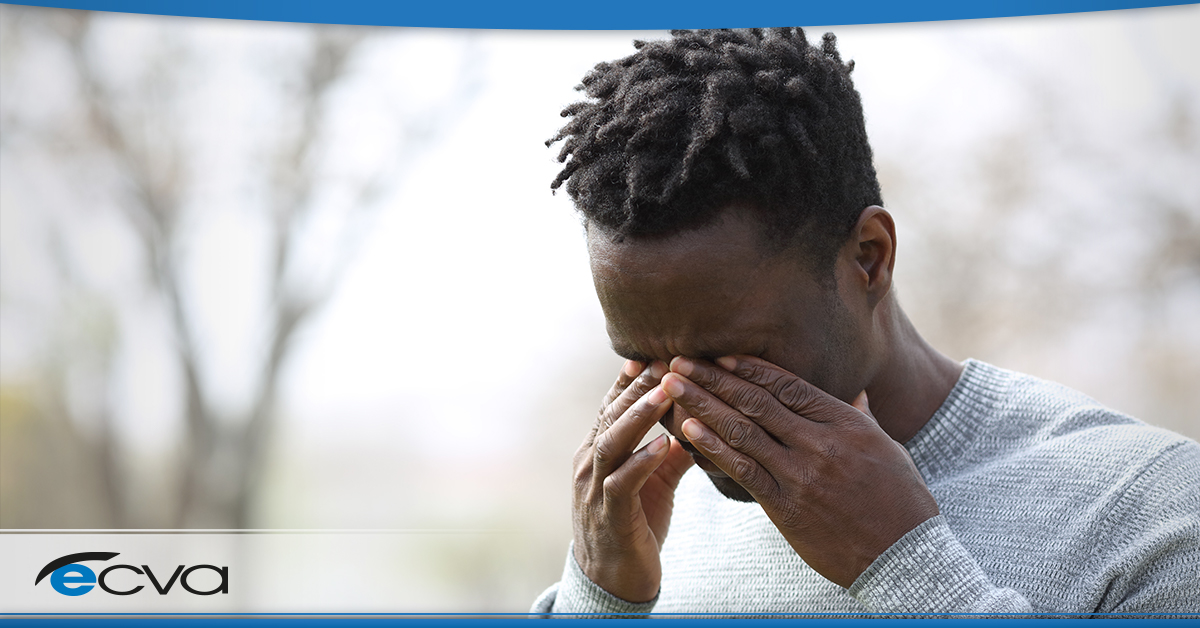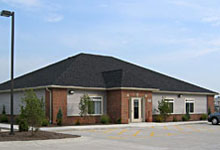When you’re preparing for cataract surgery, you may have questions about your recovery. While knowing that your vision quality will improve is part of that equation, it’s normal to wonder how long recovery takes and what to expect along the way. Additionally, you might want to know if there are signs that you should speak with your eye care provider after the procedure.
If you want to make sure that you’re ready for your procedure, here’s a look at how long it takes to recover from cataract surgery and what may occur as you heal.
How Long It Takes to Recover from Cataract Surgery
In most cases, it takes around eight weeks to fully recover from cataract surgery, though the exact amount of time can vary. Additionally, the process occurs over time. As a result, you’ll notice changes as you progress toward full recovery.
Usually, patients experience some blurriness after the procedure. As the eye starts to heal, vision begins clearing. Often, you can see initial improvements within the first few days after the surgery. As the days pass, you’ll continue to experience positive changes until your eyes are entirely healed.
What to Expect as You Recover from Cataract Surgery
Initially, after cataract surgery, blurry vision is common. Additionally, some itching or mild discomfort is normal for a few days after the procedure.
If you want to make sure that your recovery goes smoothly, follow all of your eye care provider’s instructions. That way, you are increasing your odds of healing quickly and correctly.
When to Contact Your Eye Care Provider After Cataract Surgery
As you recover from cataract surgery, you’ll usually see your eye care provider at specific intervals. Your first follow-up appointment is typically a day or two after the procedure. Then, there’s another appointment the next week and a third about a month after the surgery.
Those appointments allow your eye care provider to track the healing process. That way, they can make sure everything is on track as well as provide guidance as necessary, such as updates to your post-procedure care plan.
However, that doesn’t mean you can’t contact your eye care provider between those appointments. If you’re experiencing pain, swelling, redness, light flashes, or an increase in floaters, reach out to your eye doctor right away. Additionally, if you are experiencing any vision loss, see your eye care provider immediately. Those could all be signs of an issue that may need addressing, so it’s best to get help as quickly as possible.
Work with Buffalo’s Top Ophthalmologists for Cataract Surgery
At ECVA, the safety and health of your eyes are our priority. If you are looking for ophthalmologists in Buffalo, NY with experience performing cataract surgery, ECVA is here to help. Consult the eye care specialists at any of our four locations to learn more about recovering from cataract surgery in Western New York: Orchard Park, Niagara Falls, Buffalo, and Williamsville. Schedule an appointment at your closest ECVA clinic today.









